Does homeowners insurance cover septic tanks?



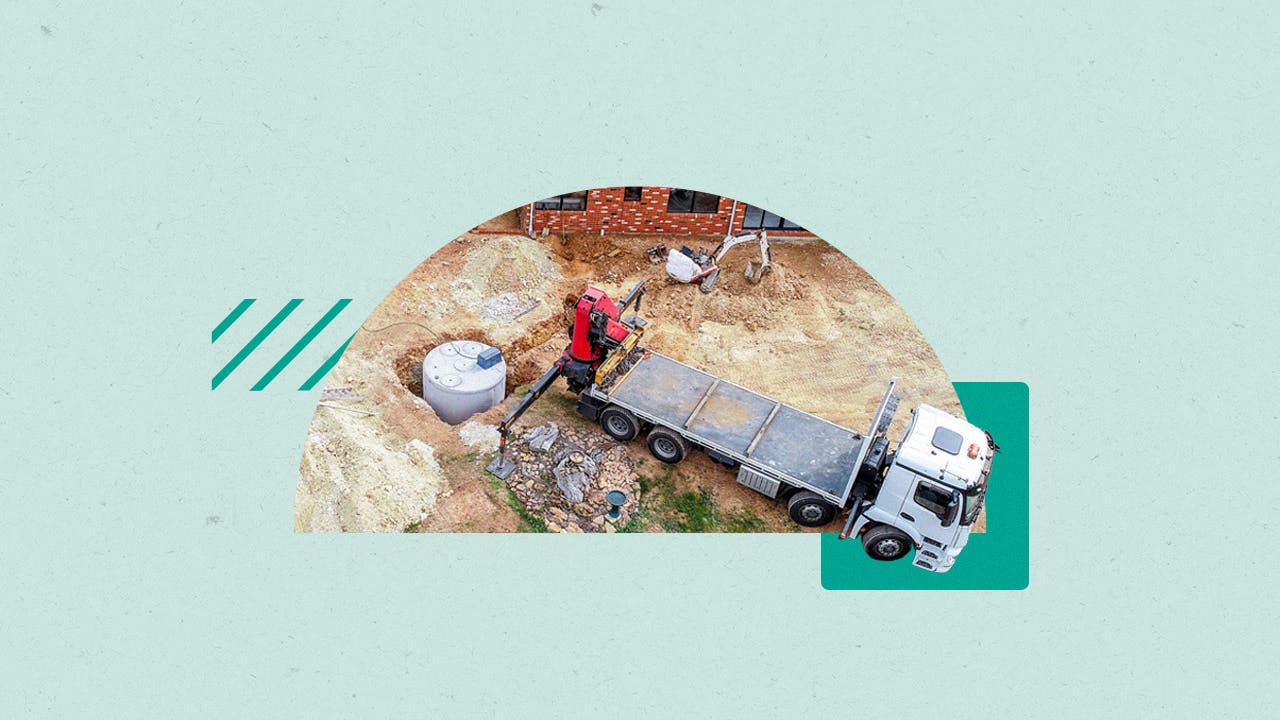
Key takeaways
- Homeowners insurance policies typically cover septic tank damage but only if the damage is caused by a peril not excluded by the policy.
- Damage to septic tanks due to poor installation, design or inadequate maintenance is not covered by homeowners insurance, but sudden events such as fires or storms are usually included.
- Additional coverage for septic systems is available through endorsements like service line coverage, water backup coverage and flood insurance.
- Regular maintenance and careful usage of septic tanks can help avoid costly repairs or replacements, and some septic tank companies offer warranties for service or maintenance at an additional cost.
If you have a septic system rather than municipal sewer services, you know how important it is to properly maintain the tank and any plumbing associated with it. It can also be useful to know if your homeowners insurance does or does not cover septic. The TL;DR? If you experience a septic malfunction, you may be able to use your insurance to cover the costs — but that largely depends on the cause of the problem. Bankrate’s insurance editorial team explains.
Does homeowners insurance cover septic systems?
Usually, septic tanks fall into the other structures coverage portion of your homeowners insurance policy. This part of your policy covers things on your property that are not attached to your house like a gazebo, shed, detached garage and, in many cases, your septic tank.
In general, other structures coverage in home insurance comes with a policy limit that’s 10 percent of the dwelling limit amount. So if you have $300,000 in dwelling coverage, you would potentially have $30,000 in other structures coverage.
Your other structures coverage may kick in to help pay for repairs to your septic tank — or a full-on replacement — if the tank was damaged by a peril not excluded by your policy. If the top of your tank gets damaged in a fire, for instance, your policy will typically cover the replacement. (We’ll provide more examples of what’s typically covered and not covered a bit later.)
Reviewing your insurance policy may help you understand when coverage would apply if your septic system sustains damage. Standard HO-3 insurance policies cover other structures on an open perils basis, so you would have coverage for any peril not specifically excluded by your policy. To note, calling on your home insurance for other structures coverage likely means paying your deductible.
What are common reasons for septic system failure?
Septic systems can fail for many different reasons — and unfortunately, not all of them are covered by homeowners insurance. Here are some of the most common culprits behind a septic system breakdown:
- Clogged drains: If a pipe is clogged or blocked, sewage may not be able to move to the tank. You can avoid this by only flushing or pouring acceptable substances into the drain. If a clog happens, a plumber may be able to snake out the line to allow liquid to flow again. Insurers typically consider clogged drains to be maintenance issues that homeowners are responsible for, so they’re usually not covered by home insurance.
- Blocked inlet baffle: This is the part of your septic system that joins the pipes to the tank. A service professional can unclog it by opening the tank, if possible, or snaking the pipeline. An inlet baffle can clog if you flush household items (like wipes or paper towels) or don’t keep up with septic tank maintenance — and in these cases, your homeowners insurance wouldn’t pay to unblock it.
- Clogged outlet baffle or filter: This may cause sewage to back up into the tank — or worse, into your home. One option if this happens is to have the tank drained and then remove the blockage. Like a blocked inlet baffle, this issue probably wouldn’t be covered by home insurance, either.
- Failing drain field: If your leach (aka drain) field becomes oversaturated with water, it may cause a backup of sewage into your home. You may notice a wet area around the drain field and increased odors. This may be due to a poorly operating system, or the drain field may be at the end of its usable life and need to be replaced. If your drain field simply wears out over time, your insurance company likely won’t pay for a new one. Similarly, your insurer won’t shell out for a new drain field if you damage it accidentally (for example, by parking your car on top of it). But if it was damaged during a major storm or natural disaster, the cost of repairs might be covered.
By far, most septic failures are caused by poor installation and design or inadequate maintenance. In these cases, it is unlikely that your insurance will pay for repairs.
More infrequently, septic system failure may be caused by a sudden event, such as a fire or storm. Often, homeowners insurance does cover septic system failures like these, and you may be able to file a claim for repairs with your insurer. If you are unsure whether you are covered or not in the event of damage, read through your insurance policy or contact your insurance agent.
What septic tank damage is typically covered by home insurance?
While there are many different types of home insurance, most standard homeowners insurance does cover septic tank collapse, failures and other damage from covered perils. Commonly covered perils include:
- Fire
- Vandalism and riots
- Hail, windstorms and lightning
- Explosions
When are septic tanks not covered by home insurance?
In most cases, home insurance does cover septic tank damage when it results from a sudden, unexpected event (as you might have noticed from the above list). However, home insurance is not likely to cover damage resulting from septic system problems caused by:
- Wear and tear
- Lack of maintenance
- Earthquakes
- Floods
Types of septic tank insurance
To further protect yourself financially from costs related to your septic system, you may want to consider adding septic insurance to your home policy. Many standard homeowners insurance policies exclude certain types of damage. However, broader septic coverage may be available through endorsements or other policy options.
Service line coverage
As a homeowner, you are the one financially responsible for the service lines that connect to and go out from your house, including the pipe that feeds to your septic tank. Some home insurance companies might let you add a service line coverage endorsement to your policy for minimal added cost. This endorsement protects your septic pipes, along with other water and sewage pipes, plus your power lines, internet cables and natural gas lines.
Water backup coverage
A septic backup can be an unwelcome surprise in your home or on your property. Fortunately, home insurance endorsements may provide financial protection from these events. Water backup coverage, or sump pump coverage, is a homeowners insurance endorsement that covers repair or restoration costs if water backs up into your home from sewer or drain lines.
Flood insurance
Flood damage is excluded from standard home insurance policies, but you may be able to purchase coverage through a private insurer or the National Flood Insurance Program. Purchasing flood insurance may be a smart way to give yourself an extra layer of financial protection in case your septic tank is damaged in a flood.
How to submit a septic tank insurance claim
Every insurance company is different, but when you’re ready to file a septic tank insurance claim, here’s what the process typically looks like:
- Reach out to your insurance company. Before beginning the claim process, contact your insurer to confirm that the damage will be covered. You can also ask about the best way to submit a claim — whether that’s online, over the phone or through an agent.
- Fill out a claim form and provide documentation. It’s a good idea to file your home insurance claim ASAP — especially if there was a big storm in your area and many of your neighbors will also be submitting claims. When filing, include photos and detailed descriptions of all damage.
- Work with the adjuster. Your home insurance company will assign a claims adjuster to visit your house and inspect the damage. They’ll be your main point of contact throughout the process, so be prepared to provide follow-up information and answer any questions they have.
- Repair the damage. Once you know how much your insurer will cover, you can arrange for a professional to come fix the damage (or replace your septic tank entirely).
How to take care of your septic tank
While water backup and service line endorsements may help you avoid some of the costs associated with septic tank repairs, it is your responsibility to keep your tank functioning at its best. That means you should avoid flushing the following items or dumping them down the drain:
- Oils
- Solids like cigarette butts, paper towels, diapers, baby wipes, coffee grounds and feminine hygiene products
- Grease/fat
- Stains/paints
- Household chemicals
It’s also best practice to make sure that no vehicles drive over the septic system or its drain field. Keep an eye out for nearby trees that might extend their roots into the septic lines, and monitor whether the tank has proper drainage.
The Environmental Protection Agency recommends getting your septic tank inspected every few years and pumped every three to five years. It also indicates that using water efficiently takes strain off your home’s septic tank, helping ensure optimal performance over time. If your house uses a septic system, you might consider installing high-efficiency toilets, faucet aerators or shower flow restrictors to limit your water consumption and put less stress on your septic system.
Frequently asked questions
Why we ask for feedback Your feedback helps us improve our content and services. It takes less than a minute to complete.
Your responses are anonymous and will only be used for improving our website.
You may also like
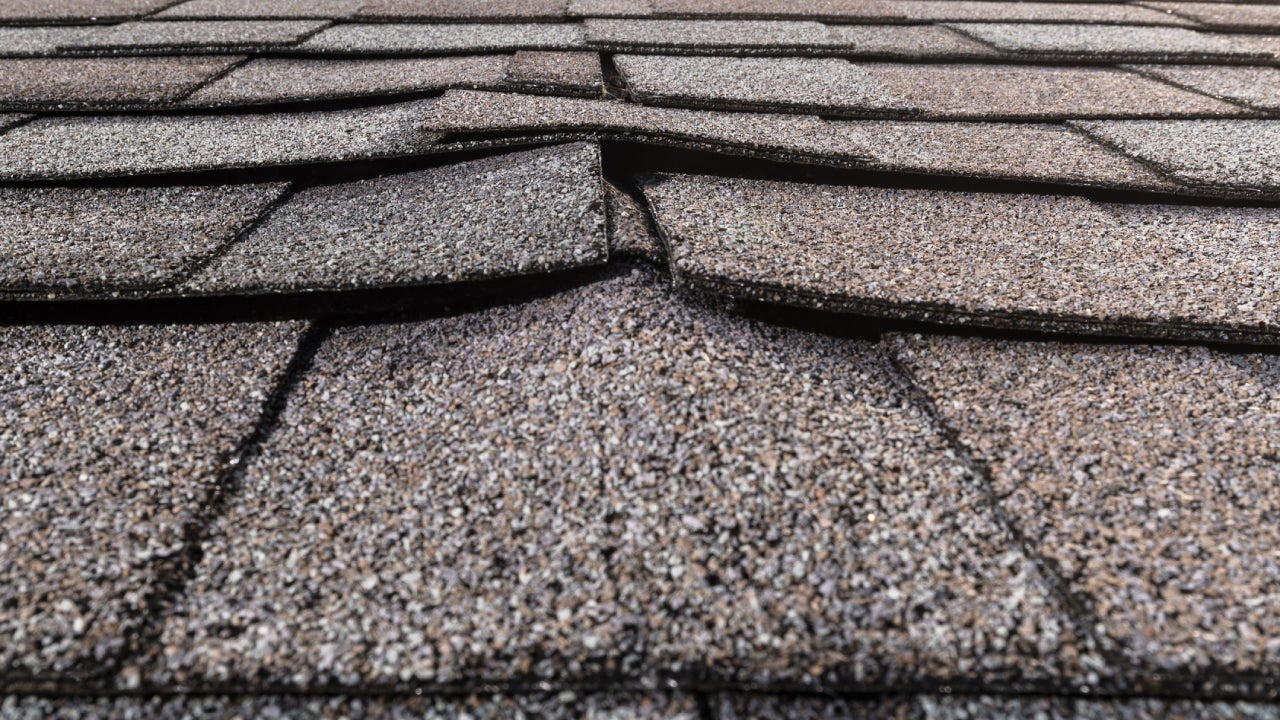
Does home insurance cover roof replacement
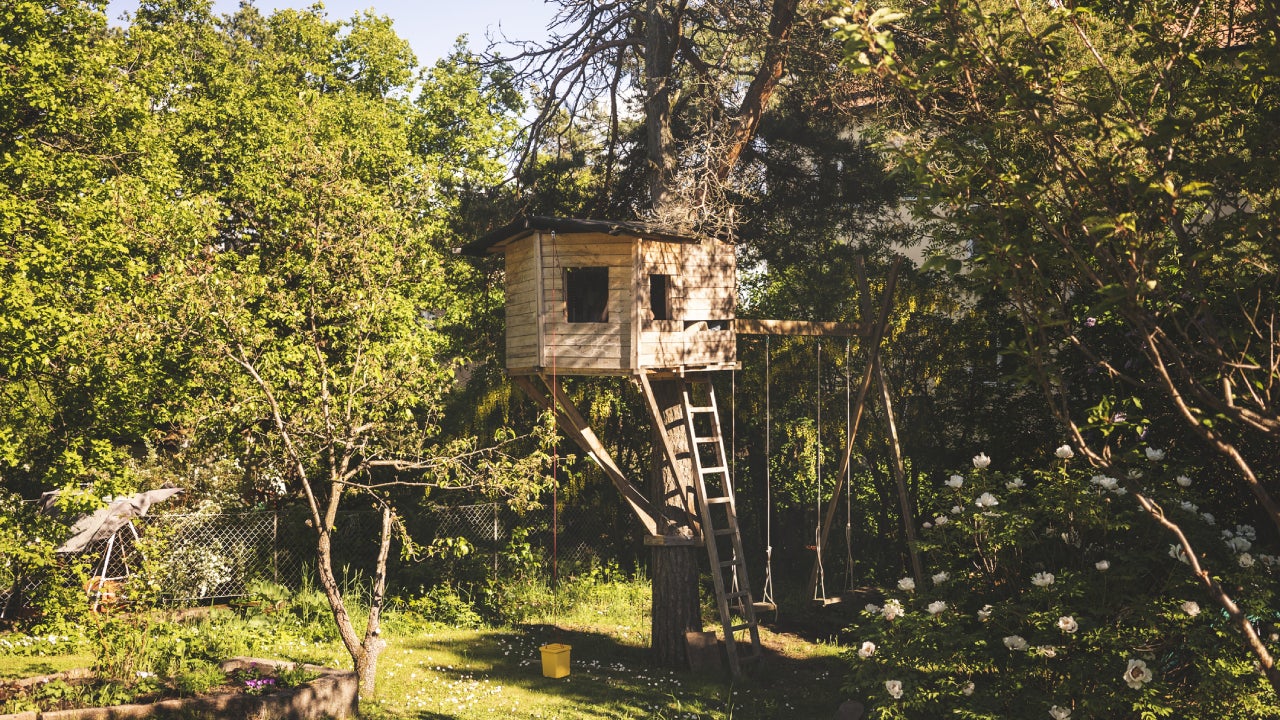
Does homeowners insurance cover treehouses?
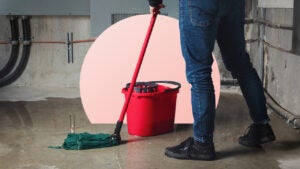
Does homeowners insurance cover basement flooding?
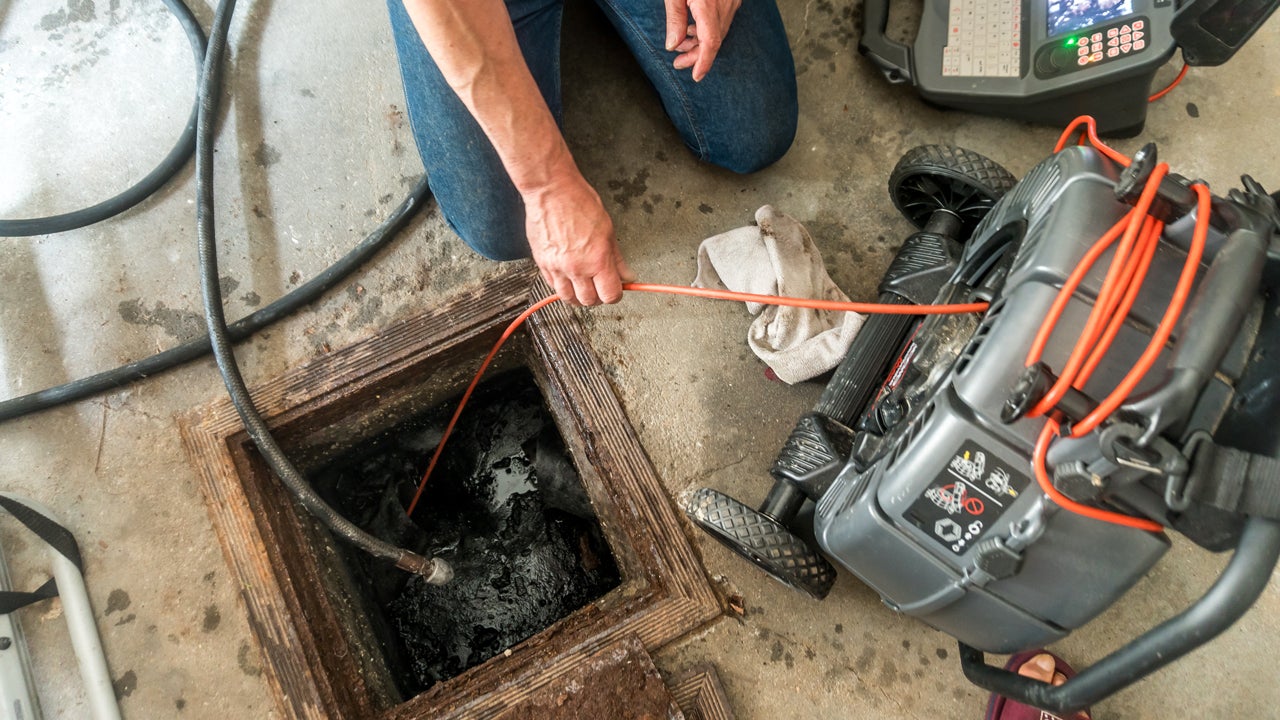
Does homeowners insurance cover sewer lines?
